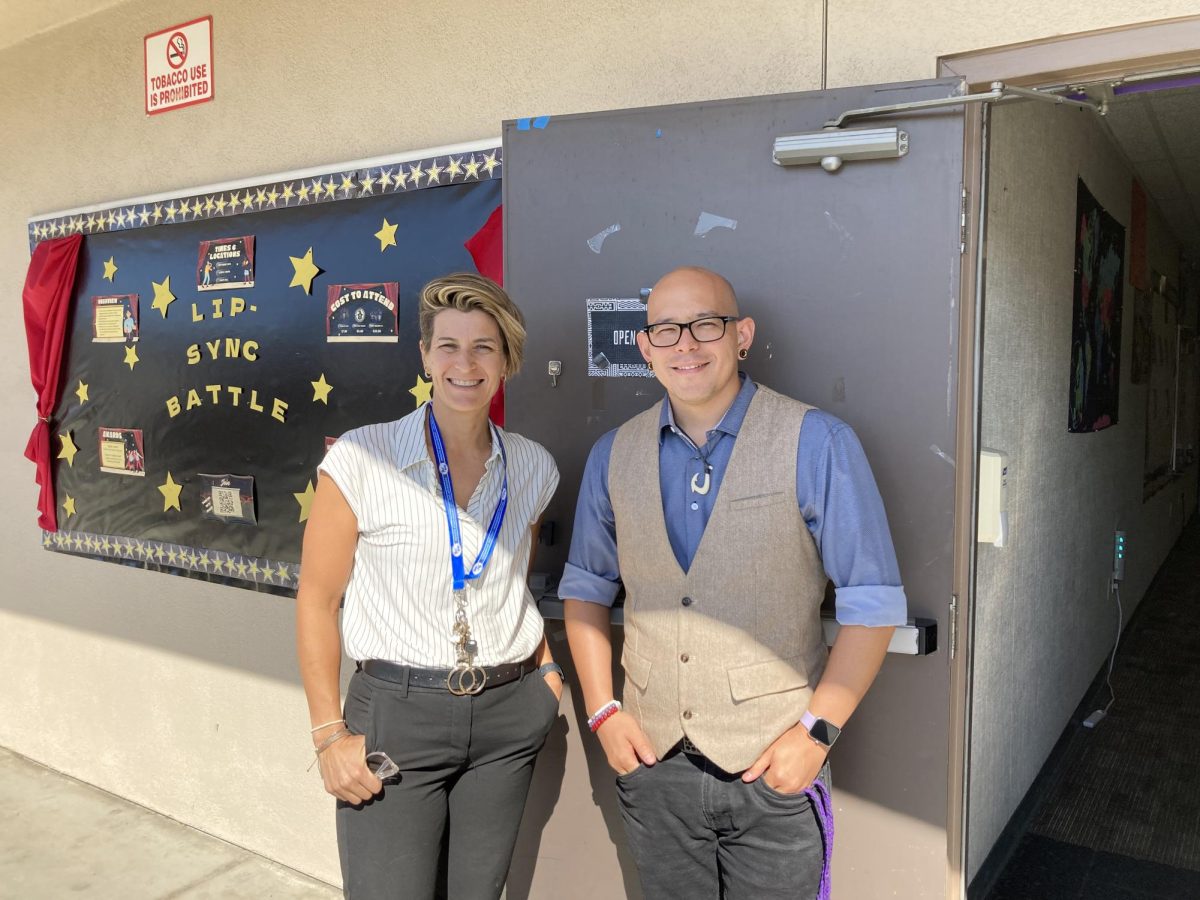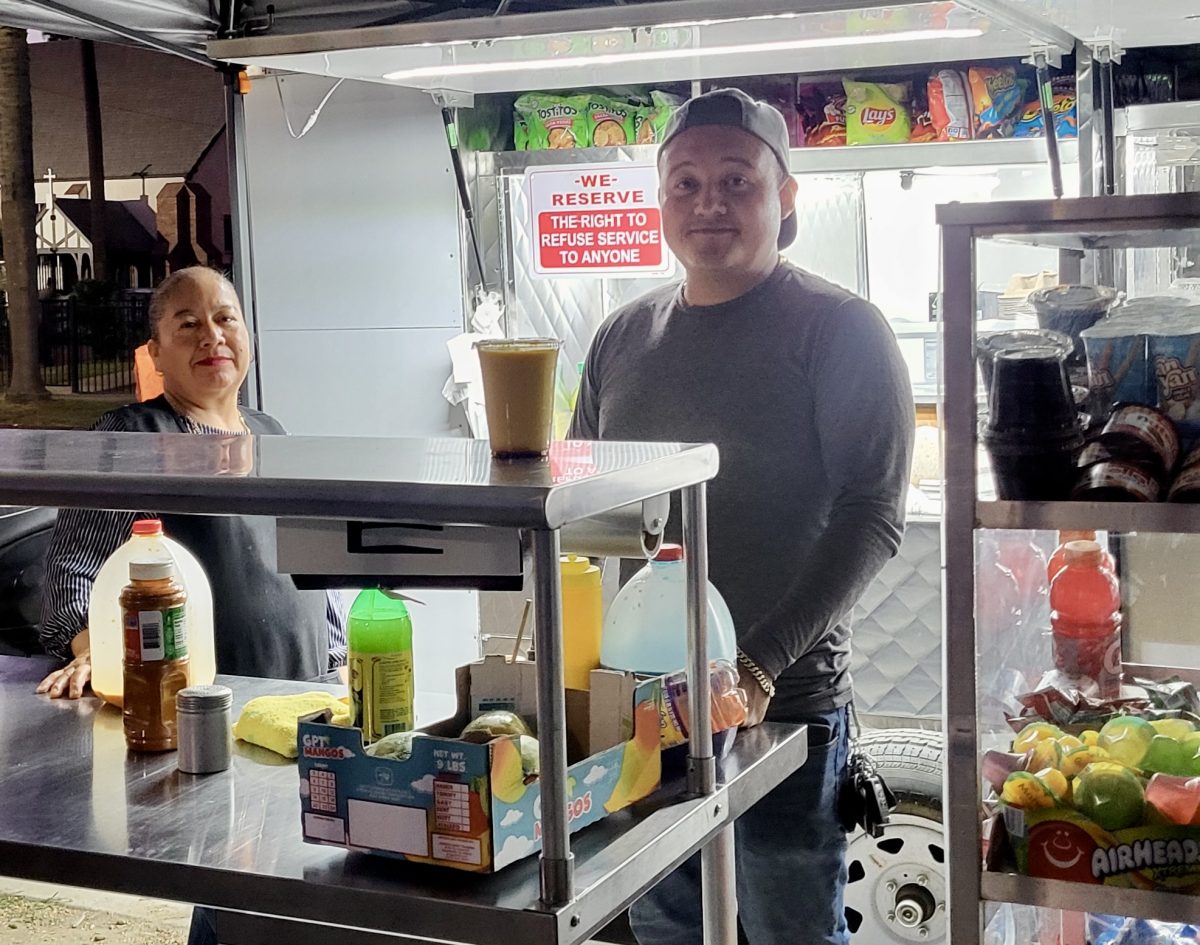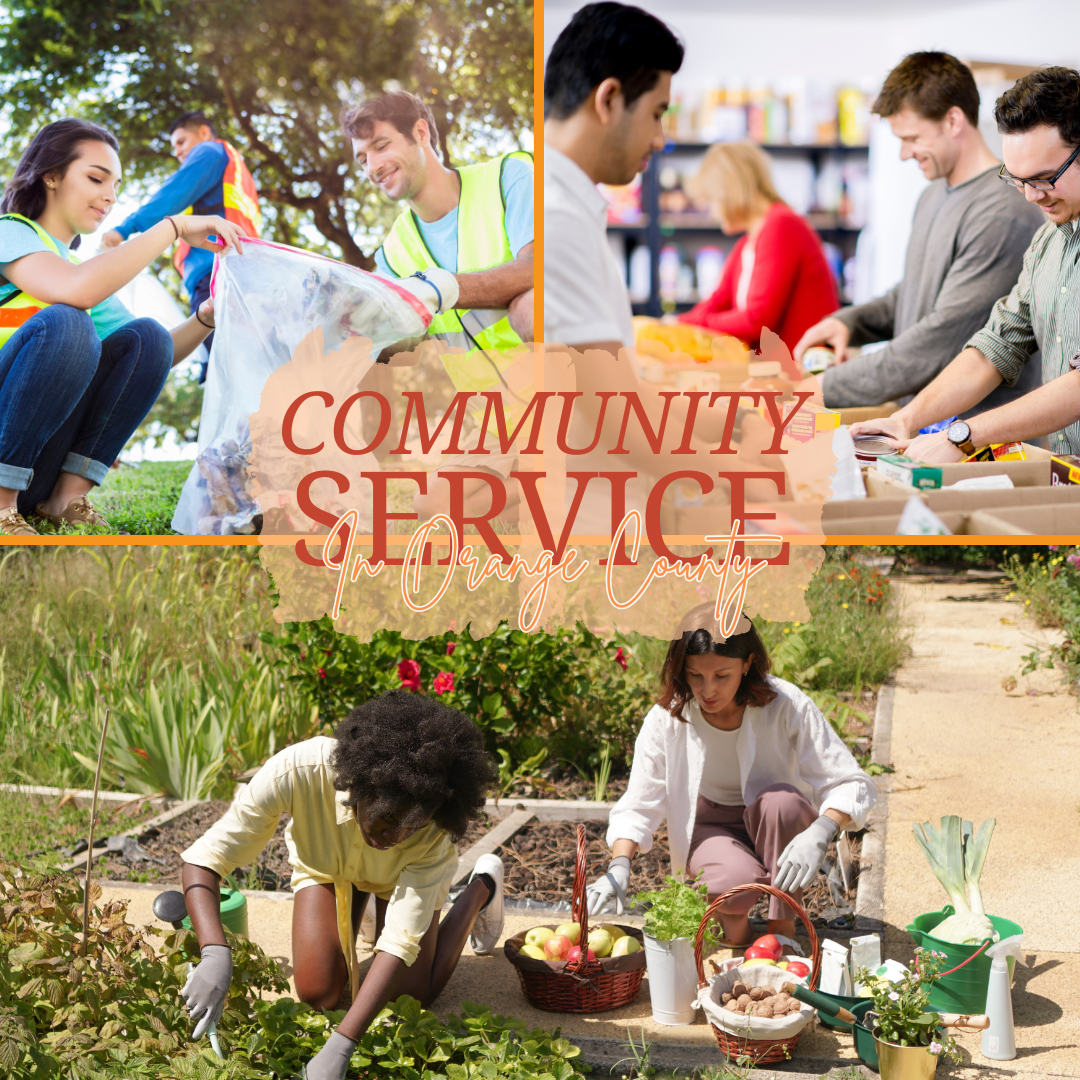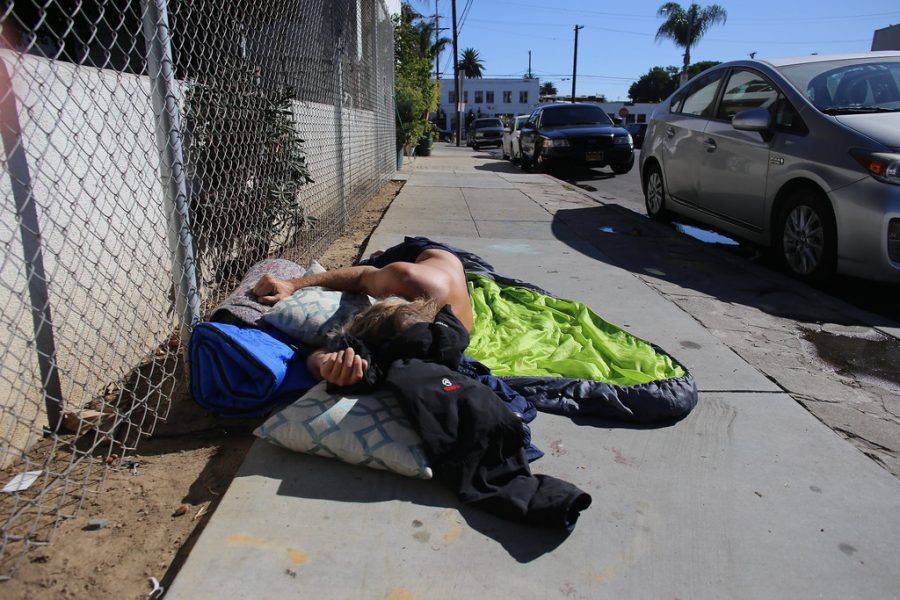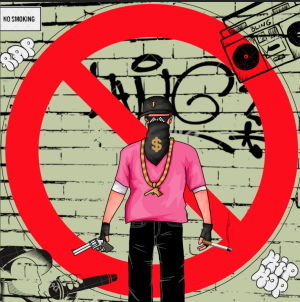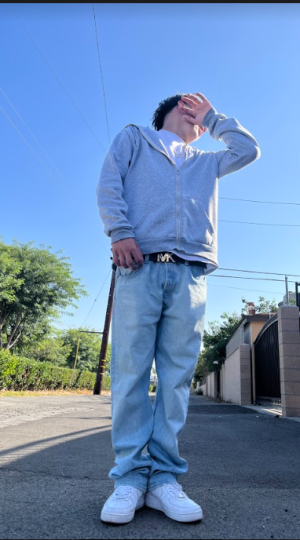How COVID-19 is affecting the homeless community
The homeless population is disconnected from society now more than ever due to this global pandemic.
April 27, 2020
Everyone is instructed to stay home amid the global coronavirus pandemic, but what about the 552,830 people without a home?
People experiencing unsheltered homelessness (those sleeping outside or in places not meant for human habitation) may be at risk for infection when there is community spread of COVID-19.
In the context of COVID-19, the risks associated with sleeping outdoors in an encampment setting are different than staying indoors in a congregate setting such as an emergency shelter or other congregate living facility.
A lot of cities with major populations of homeless people are taking precautions like how Los Angeles, home of 58,936 homeless people, has shown efforts to shelter as many people to slow the spread of the virus.
The mayor of Los Angeles, Eric Garcetti, commented on this situation.
“Too many Angelenos lack a basic necessity that will help most of us get through this crisis: a home,” Garcetti said.
Many cities in California are adding extra beds to homeless shelters and opening up hotels to house people through the pandemic.
“We are taking immediate, urgent action to slow the spread of COVID-19 by helping people who are experiencing homelessness come indoors,” said Mayor Garcetti.
A lot of the homeless population doesn’t understand the severity of this pandemic and remained uninformed on how to take proper precautions like washing your hands, social distancing, etc.
“Our homeless community is more disconnected now than ever. Those who are unsheltered are not able to have sit down meals, enjoy community events, or charge their phones. Due to this disconnectedness, there are those in Skid Row who are unaware of the dangers of the coronavirus,” said Heidi Mikulin, Community Events Coordinator at The Midnight Mission which provided services to the homeless population in Los Angeles.
Employees at homeless shelters are considered essential workers and are needed now more than ever and because of that, they must take precautions on limiting the risk of spread of this new virus.
“At the Midnight Mission, our maintenance and operations teams are receiving daily briefings and enhanced operating protocols. Community guests and staff members are following CDC guidelines,” which is stated on the shelter’s website.
Now more than ever homeless people and shelters need our help. Donations have begun to decline as our community struggles with uncertainty about the future.
“No one ever dreamed of being homeless. And, every person living on our streets is someone’s child; they are someone who once had hopes and dreams for their lives. We have asked our supporters to remember the vulnerable families and homeless men and women whose lives are impacted by their donations,” said Mikulin.


